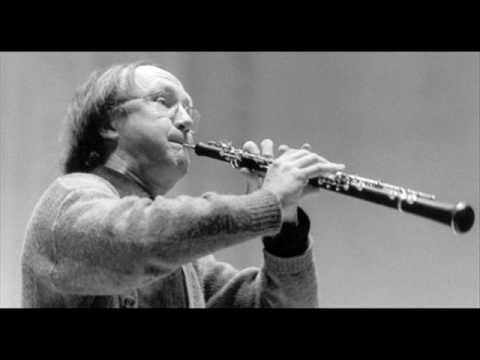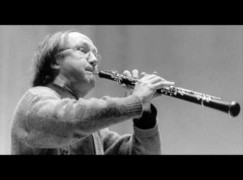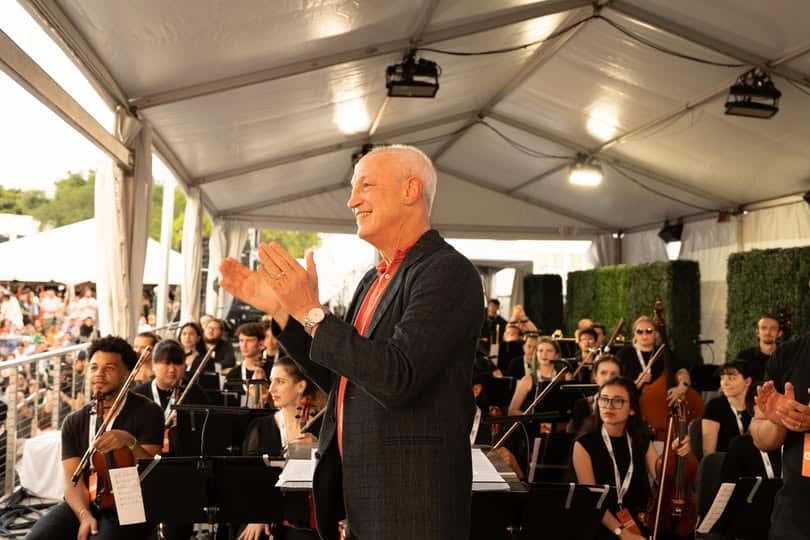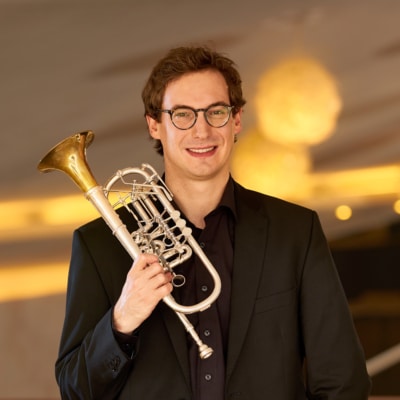Heinz Holliger is 80
mainThe Swiss oboist and composer passed a milestone today.


Colleagues are mourning the Georgian composer Marianna Tscharkwiani,…

The Frost School of Music at the University…

From the occupied arts center: Step in to…

We understand that Andre Schoch, principal of the…

Session expired
Please log in again. The login page will open in a new tab. After logging in you can close it and return to this page.
Comments